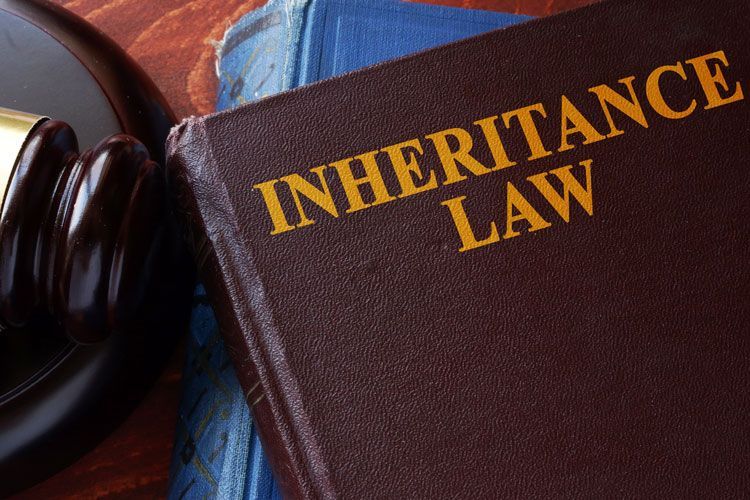Check out what women should know about inheritance rights:
When talking about inheritance and property rights, things might be different for women. Until the formulation of Hindu Succession Act, 1956 the law was too much biased against women. Only after its amendment, it became more balanced. As raising awareness among women about neutral inheritance laws is needed. We have come up with the list of inheritance rights of women.
What are your rights?
-
Hindus
The Hindu Succession Act, 1956, rules the succession and inheritance laws for Hindus, along with Buddhists, Jains, and Sikhs. This act is valid for both women and men. The Act makes no difference between movable and immovable property. It only applies to intestate succession (where there is no will) and to anyone who converts to Hinduism. It has no application in case of testamentary succession (where there is a will).
When a man dies without a will, it transfers to his heirs according to four categories— Class I, Class II, Agnates (if two people are related by blood or adoption wholly through males) and Cognates (who are related to the intestate by blood or adoption but not wholly through males)—with first preference to Class I heirs.
- Wives
A wife is entitled to an equal share of her husband’s properties like other surviving, entitled heirs. If there are no other shareholders, the wife holds full right to inherit the whole property of her deceased husband. A married Hindu woman also has exclusive rights over her individual property. She is the sole owner and of her assets, whether these are earned, inherited or gifted.

In case of an inter-faith marriage, the wife is entitled to inheritance as per the personal laws applicable to the religion of her husband.
- Daughters
To end discrimination against women, changes in the Hindu Succession Act, 1956, were made through the Hindu Succession (Amendment) Act, 2005, wherein Section 6 of the Act was amended.
A daughter has an equal right to ancestral property as a son and she acquires the share by birth itself. So fathers cannot deprive a daughter of her share in the property.
Also, a daughter will have the same rights as a son to the father’s property, be it ancestral or self-acquired, regardless of her date of birth. It does not matter if she was born before or after 9 September 2005. Also, the father must have been alive on 9 September 2005 for the daughter to stake a claim over his property.
In the case of self-acquired property, he has the right to gift the property or will it to anyone he wants, and a daughter will not be able to object.
- Mothers & sisters
Since a mother comes under the Class I heir category, she is entitled to obtain an equal share of the property of her predeceased son same as other surviving entitled sharers. The sister, after a brother’s death, is a Class II legal heir would inherit the property.
-
Muslims

In the case of Muslims, inheritance laws are overseen by personal law. There are four sources of Islamic law governing this area— the Quran, the Sunna, the Ijma and the Qiya. When a man dies, both males and females become legal heirs, but the share of a female heir is typically half of that of male heirs.
- Wives
A wife without any children is entitled to receive one-fourth the share of the property of her deceased husband, but those with children are entitled to a one-eighth share of the property that his husband owns.
- Daughters
If there is more than one daughter, they collectively receive two-thirds of the inherited property.
- Mothers
A mother is entitled to receive a one-third share of her deceased son’s property.
What to do in case you are denied your rights?
If a woman doesn’t get her share due in the ancestral property, she can send a legal notice to the party denying her right. If she is further restrained, she can file a suit for partition in civil court. She can fully seek partition of the properties occupied by other legal heirs.














